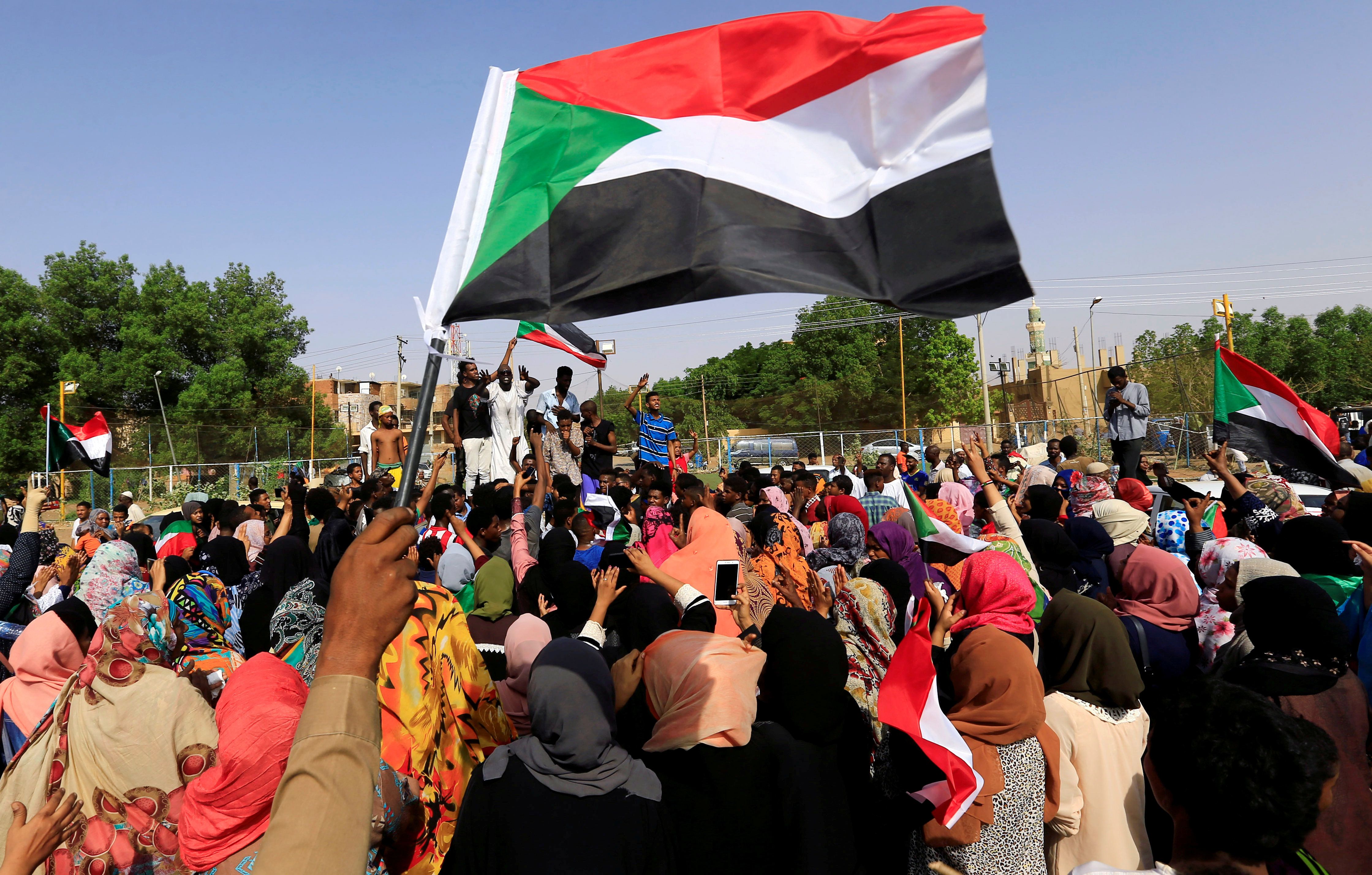News
July 13, 2020
Sudan legalizes booze (for some): Three decades after Sudan's strongman president Omar al-Bashir introduced draconian measures mandating the death penalty for those who "abandon" Islam, the country's new transitional government has introduced sweeping reforms to its criminal law. The changes allow non-Muslim Sudanese to consume alcohol and bans female genital mutilation. Sudan's transitional government, a joint civilian-military body which took office in August 2019 after popular protests pushed al-Bashir out of power, says that the reforms aim to counter the long-running persecution of black and Christian communities. But is there another motive at play? As Sudan's economy teeters on the brink of collapse, its government wants to be removed from the US State Sponsors of Terrorism List, which would open it up to international investment. The US says it's open to this, but only if it sees meaningful progress on human rights and democracy — and efforts to counter financing of terrorist regimes in the region. Sudan's nascent transitional government might be hoping that these changes help accelerate its removal from the State Sponsors of Terrorism List, which currently makes it ineligible for financing from the IMF and World Bank.
Poland's deep divisions and coming clashes: President Andrezj Duda eked out a narrow victory in the runoff of Poland's presidential election on Sunday. The result, the closest electoral result since the end of communism in 1989, highlights the political divide in the country, with mostly older and rural voters turning out in support of Duda's extreme social conservative views, while the younger, urban electorate supported opposition candidate Rafal Trzaskowki, the socially liberal mayor of Warsaw. The reelection of Duda, an ally of the governing Law and Justice (PiS) party, paves the way for the PiS to approve new laws — including on control of the judiciary and media censorship — that are expected to set Poland on a collision course with the European Union's rules on democratic institutions and the separation of powers. We're watching to see what Brussels does, but also whether there is further domestic pushback against PiS in a country that is increasingly polarized.
A protest in Russia's Far East: Tens of thousands of people took to the streets across the Far Eastern Russian region of Khabarovsk in a rare mass protest triggered by the arrest of governor Sergey Furgal, who is accused of ordering the murder of several businessmen in the early 2000s. Furgal is a member of the Liberal Democratic Party of Russia led by the eccentric ultra-nationalist Vladimir Zhirinovsky, which is normally loyal to the ruling United Russia party of President Vladimir Putin. However, two years ago Furgal took office by defeating the United Russia candidate in a landslide, and has since remained popular. The Kremlin wasn't happy about it, and protesters — many of whom were chanting anti-Putin slogans — believe that Furgan's arrest is politically motivated payback from the Kremlin. We are watching to see if the protests, which police did not stop, continue and more broadly whether this is a bellwether of growing dissatisfaction with Putin, whose approval ratings have recently touched their lowest mark since he came to power in 2000.More For You
Prime Minister Narendra Modi, with President of the European Council António Luís Santos da Costa, and President of the European Commission Ursula von der Leyen, at Hyderabad House, in New Delhi, India, on Jan. 27, 2026.
DPR PMO/ANI Photo
On Tuesday, the world’s largest single market and the world’s most populous country cinched a deal that will slash or reduce tariffs on the vast majority of the products they trade.
Most Popular
Sponsored posts
Five forces that shaped 2025
What's Good Wednesdays
What’s Good Wednesdays™, January 28, 2026
Mexican President Claudia Sheinbaum Pardo stands alongside Canadian Prime Minister Mark Carney and US President Donald Trump during the 2026 World Cup draw at the John F. Kennedy Center for the Performing Arts in Washington, D.C., on December 5, 2025.
Deccio Serrano/NurPhoto
Canadian Prime Minister Mark Carney has repeatedly tussled with US President Donald Trump, whereas Mexican President Claudia Sheinbaum has tried to placate him. The discrepancy raises questions about the best way to approach the US leader.
Fighters of the Qassam Brigades, the armed wing of the Palestinian Islamist Hamas movement, attend a rally marking the 35th anniversary of the group's foundation in Gaza City on December 14, 2022.
Photo by Majdi Fathi/NurPhoto
10,000: The number of Hamas officers that the militant group reportedly wants to incorporate into the US-backed Palestinian administration for Gaza, in the form of a police force.
Walmart is investing $350 billion in US manufacturing. Over two-thirds of the products Walmart buys are made, grown, or assembled in America, like healthy dried fruit from The Ugly Co. The sustainable fruit is sourced directly from fourth-generation farmers in Farmersville, California, and delivered to your neighborhood Walmart shelves. Discover how Walmart's investment is supporting communities and fueling jobs across the nation.
© 2025 GZERO Media. All Rights Reserved | A Eurasia Group media company.
